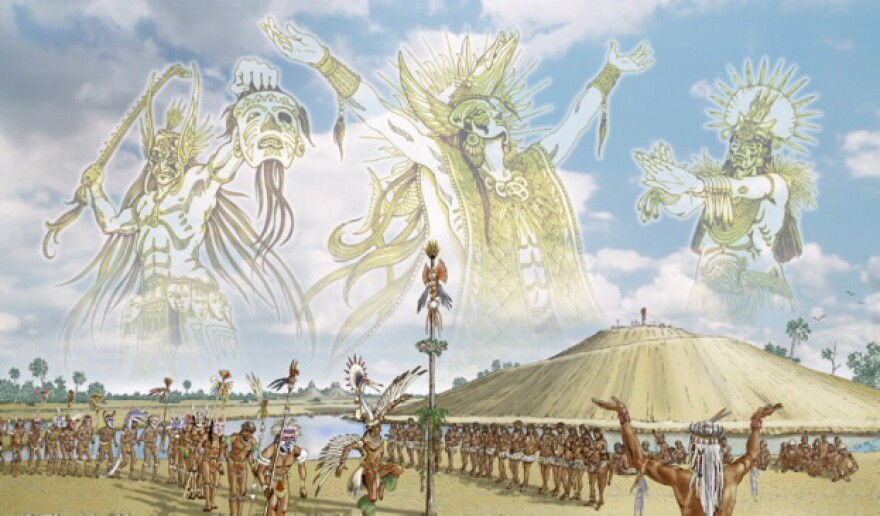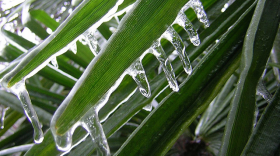The Florida Museum of Natural History has purchased two Calusa Indian mounds on Pine Island. This addition could impact the region’s awareness of 350 to 1000-year-old Calusa culture.
The Randell Research Center on Pine Island will soon be able to add 5 acres to its interpretive trail. The new land contains a burial mound and a midden, a type of ancient trash pile.Director Bill Marquardt said the mounds were important to the Calusa Indians’ spiritual rituals. He said visitors to the new site will discover the tribe’s beliefs were not much different from ours.
“A lot of our visitors are interested in the spiritual beliefs of the Calusa and what they thought about the afterlife, and to have the burial mound where people can see it and relate to it… we all, in our lives, deal with thinking about the afterlife whether you believe in it or not you still think about it,” said Marquardt. “Our visitors are interested in those aspects of the Calusa, so it’s an important component of the picture of the second largest town of the Calusa.”
Although the new site is still covered in foliage and blocked off by a fence, Marquardt said the research center plans to raise money to extend the fence to add it to the public trail.
The site was purchased through money donated by the Sear Family Foundation and the Calusa Land Trust.







